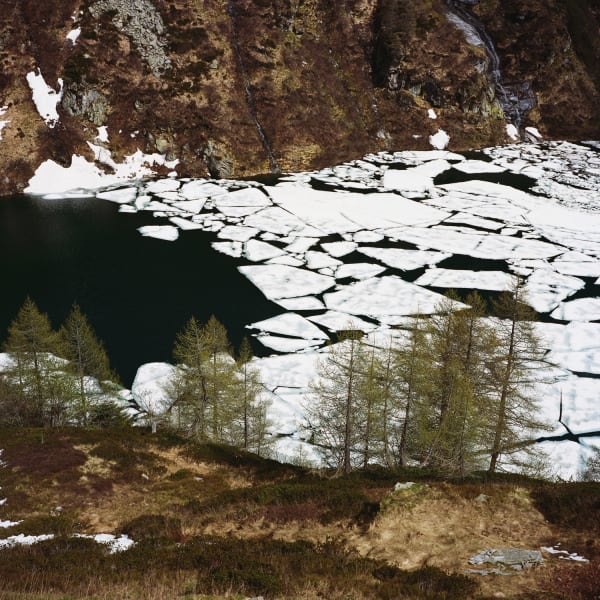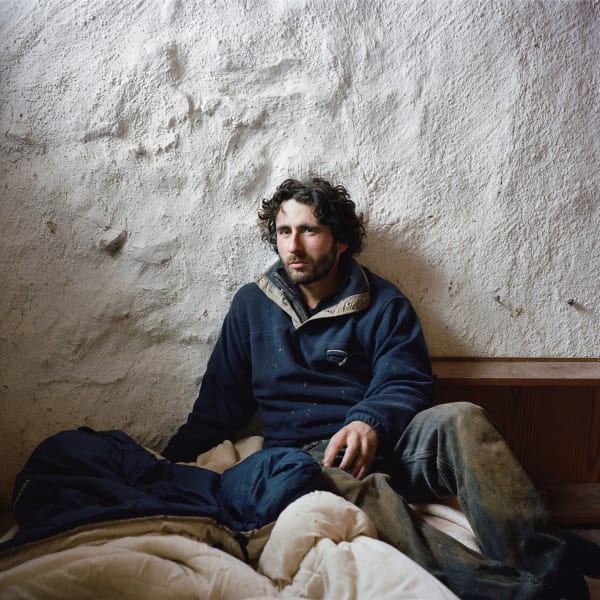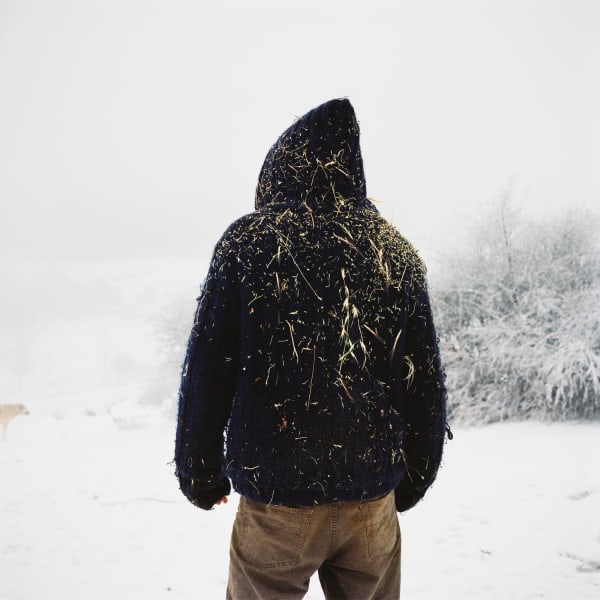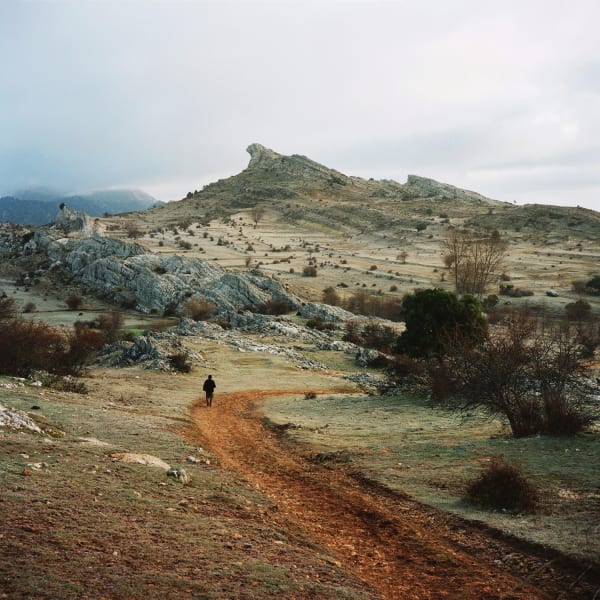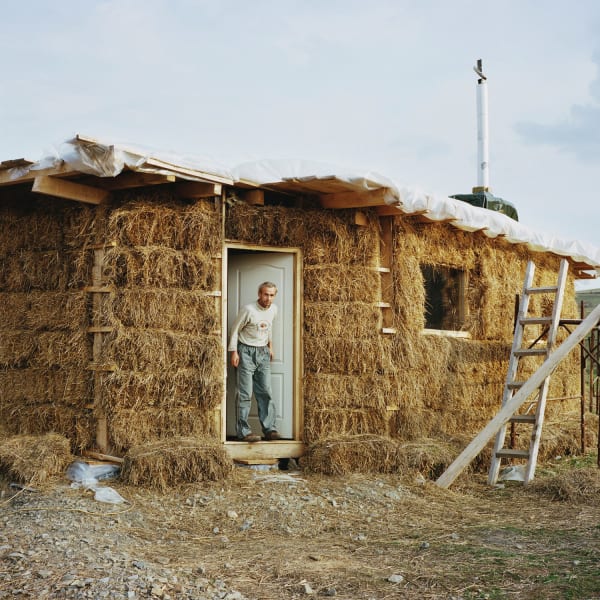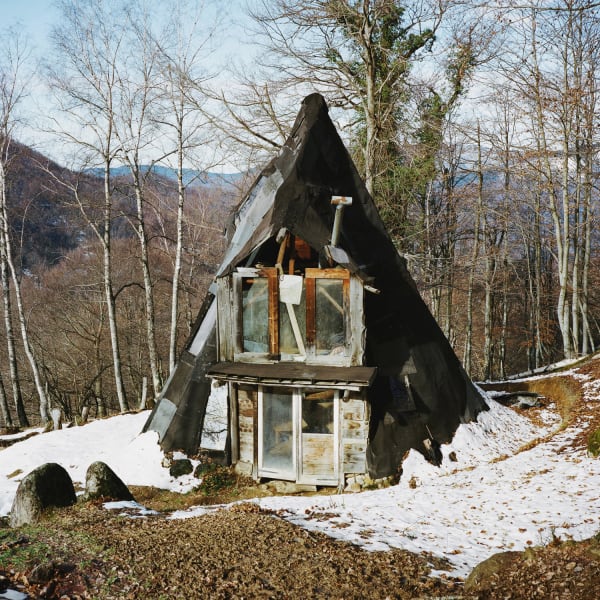Europe
Are these Europe's real "Wildlings"?
By Eoghan Macguire, CNN
Updated 0307 GMT (1107 HKT) March 20, 2015
Share
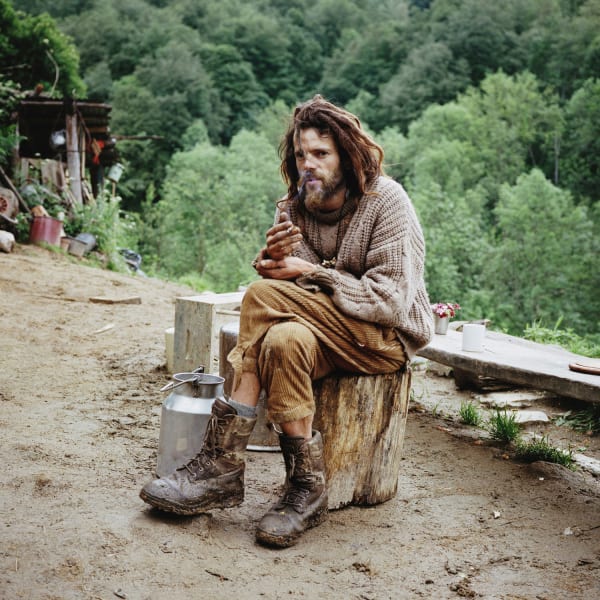

1 of 15
Saying goodbye to the grind of modern city life is a fantasy for many. But what of those who follow through and cut themselves loose? Take a look at the off-grid rebels living a different life across Europe.
French photographer Antoine Bruy spent five years documenting the lives of communities and individuals living off-grid in just such a manner across Europe.
The results of his journey can be seen in Scrublands, a collection of photographs currently on display at the FORMAT International Photography Festival in Derby, England.
The man pictured here is named Vincent, a former mathematics student who now lives in the Pyrenees Mountain range in France. Courtesy Antoine Bruy
French photographer Antoine Bruy spent five years documenting the lives of communities and individuals living off-grid in just such a manner across Europe.
The results of his journey can be seen in Scrublands, a collection of photographs currently on display at the FORMAT International Photography Festival in Derby, England.
The man pictured here is named Vincent, a former mathematics student who now lives in the Pyrenees Mountain range in France. Courtesy Antoine Bruy
Bruy first developed the idea for the project after traveling from the north of France to the south of Morocco in 2006.
Along the way he met people living in the wilderness who intrigued and fascinated him in equal measure.
Why did they choose to live away from major populations and what philosophies lay behind their lifestyle choices? In 2010, Bruy set off again with the idea of documenting the lives of this intriguing group people.
Courtesy Antoine Bruy
Along the way he met people living in the wilderness who intrigued and fascinated him in equal measure.
Why did they choose to live away from major populations and what philosophies lay behind their lifestyle choices? In 2010, Bruy set off again with the idea of documenting the lives of this intriguing group people.
Courtesy Antoine Bruy
A man peers out from a house made of straw near the town of Zlatna in the Apuseni Mountains, Romania.
Bruy visited five different countries -- France, Spain, Switzerland, Romania and Wales -- in carrying out his project. Courtesy Antoine Bruy
Bruy visited five different countries -- France, Spain, Switzerland, Romania and Wales -- in carrying out his project. Courtesy Antoine Bruy
Bruy described the the way of life in different locations as "quite similar" despite the varying nationalities of the people he met and the differing surroundings they found themselves in. Courtesy Antoine Bruy
"I think they are very sensitive about ecological problems and the state of our planet right now," Bruy said of his subjects. "They are very aware and they care about it."
Courtesy Antoine Bruy
Courtesy Antoine Bruy
He continued: "I think its also a reaction about how our society and how the economy is working. I think they are also trying to live in a way so they are not just one piece of the big machine." Courtesy Antoine Bruy
Some people had built houses from scrap wood and metal which had been bought and foraged. Courtesy Antoine Bruy
Others opted for the simpler dwelling of a teepee. Courtesy Antoine Bruy
Not everyone Bruy met was keen on going back to nature and shutting out the modern world.
He describes meeting one family in Romania (whose children are pictured in makeshift bathtubs here) as "being worried about what was going on in their country and how the economy was growing."
They were the exception in "trying to keep this traditional lifestyle whilst being aware of the outside world and how that was developing," Bruy said. Courtesy Antoine Bruy
He describes meeting one family in Romania (whose children are pictured in makeshift bathtubs here) as "being worried about what was going on in their country and how the economy was growing."
They were the exception in "trying to keep this traditional lifestyle whilst being aware of the outside world and how that was developing," Bruy said. Courtesy Antoine Bruy
A boy gazes intensely at Bruy's lens while stroking his dog.
Courtesy Antoine Bruy
Courtesy Antoine Bruy
Although many of the people Bruy encountered were intent on doing things a different way, he describes a group of people who were uniformly welcoming and open to visitors. Courtesy Antoine Bruy
"They are not hermits or something like that," Bruy said.
"They are not afraid of being in touch with the outside world even though they are trying to be separate from it." Courtesy Antoine Bruy
"They are not afraid of being in touch with the outside world even though they are trying to be separate from it." Courtesy Antoine Bruy
"Some of them like to have an educational purpose," Bruy continued.
"So by hosting people they can show their lives and show people what they are doing -- a different way of doing things." Coutesy Antoine Bruy
"So by hosting people they can show their lives and show people what they are doing -- a different way of doing things." Coutesy Antoine Bruy
In this photo taken while Bruy was traveling through the Sierra de Cazorla in Andalusia, Spain, a man named Jean shelters from the snow and freezing cold outside his makeshift dwelling.
Bruy says what makes these individuals different from the rest of society is that they have had the courage to give up the comfortable life to pursue something else.
Courtesy Antoine Bruy
Bruy says what makes these individuals different from the rest of society is that they have had the courage to give up the comfortable life to pursue something else.
Courtesy Antoine Bruy
"They make it come true (the desire to leave the stresses of their old lives behind)," Bruy said.
"They really commit themselves to their choices. That's the big difference. They can be wiser sometimes but they are still human beings and they still have to deal with many issues." Couresy Antoine Bruy
"They really commit themselves to their choices. That's the big difference. They can be wiser sometimes but they are still human beings and they still have to deal with many issues." Couresy Antoine Bruy
